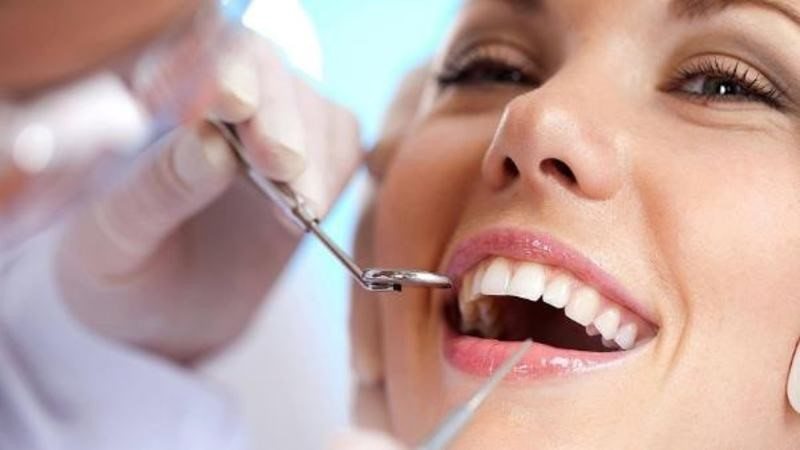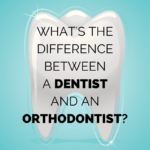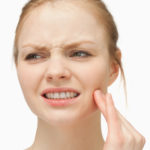Table of Contents
Temporomandibular joint (TMJ) disorder is a painful condition of the lower jaw muscles and joints connecting directly to the jaw. These joints are on either side of the jaw in front of the ears. The joints are for moving actions including talking and chewing. Many people live with this painful condition associated with painful symptoms including earaches, severe headaches, jaw tenderness, numbing, and facial pain.

Image credit: raphadentalcentre.ca
Causes of TMJ disorders
Macro trauma
This significant trauma might result from a fall. Perhaps it happened way back when you fell off a bicycle. Alternatively, your head might have become distorted because of bumps or trauma around the jaw. Macro trauma might also happen when hit during a car accident. This trauma might have happened some time back with current pain resulting from TMJ disorders. Whiplash might occur when hit backward during a car accident making the head move aggressively forward and backward.
It makes the head accelerate and decelerate swiftly. When this happens, the neck ligaments and muscles are stretched leading to pain in various parts of the body and head. Extracting a wisdom tooth also stretches the ligaments, muscles, and nerves leading to TMJ related pain. This can also happen when you stretch your jaw open while sleeping.
Micro trauma
This is minor trauma resulting from issues like teeth clenching and grinding while awake or asleep. You might not be aware of what you’re doing. It might seem like less severe trauma but the actual damage might have been done over the years. This is why it is important to regularly visit a family dentist in Prince George for a checkup. The dentist can protect your teeth before the jaw and body reposition themselves. It limits nearby ligaments, muscles, and nerves from straining and tightening.
TMJ diagnosis
Macro and micro trauma cause tissue injury, strain, and tightening leading to inflammation that causes pain. A professional and experienced Prince George dentist can determine TMJ warning signs. Procedures including teeth cleaning, repair, and tracking your dental and overall health history can help lessen TMJ disorders. The pain from this disorder might begin as a tender pain and locking of joints making it hard to close and open your mouth.
The dentist can do a physical examination when feeling discomfort. This might include feeling and listening when you open or close the jaw. The dentist might also press near the area to identify the source of pain and observe how your jaw moves. For proper diagnosis, the dentist might also suggest other options to pinpoint the cause of discomfort including:
- CT scan
- Panoramic X-rays
- Magnetic resonance imaging
Appropriate treatment options for TMJ disorders
Surgery
The most popular treatment is surgery especially when other remedies don’t work. Surgery is also the most appropriate if the pain results from structural issues. The dentist performs open-joint surgery to remove tumours in the joint area or presence of severe scarring. Arthroscopy is another surgical procedure involving the creation of a tiny incision on the front of the ear.
Open joint surgery involves opening the whole temporomandibular joint area. Arthrocentesis is another procedure for TMJ disorders performed by a professional and experienced dentist. It requires inserting needles to irrigate the joint area to eliminate detritus and for inflammation treatment. Other remedies for TMJ pain include radio wave therapy and ultrasound treatment.
Therapy
Various therapies are applied for TMJ disorders including Transcutaneous Electrical Nerve Stimulation (TENS) therapy. This involves using low-level electrical currents for facial muscles and joints relaxation for pain relief. There are also therapeutic options for radio wave treatment and ultrasound treatment if your dentist has them.
Other treatment options for TMJ disorders include:
- Use of muscle relaxants
- Crowns to even dental bite
- Orthodontic correction for misaligned teeth
- Swallowing Ibuprofen or acetaminophen for pain relief
- Medications for tightening lax connective tissue in the jaw joint
Final thoughts
You don’t have to suffer from severe pain resulting from TMJ related symptoms. This pain might be severe headaches and earaches. Visiting a professional family dental is the best thing to do. Here, the dentist will recommend the most appropriate remedy after discovering the cause of your TMJ pain. Getting relief from these symptoms will make you go about your work or daily chores with ease.





